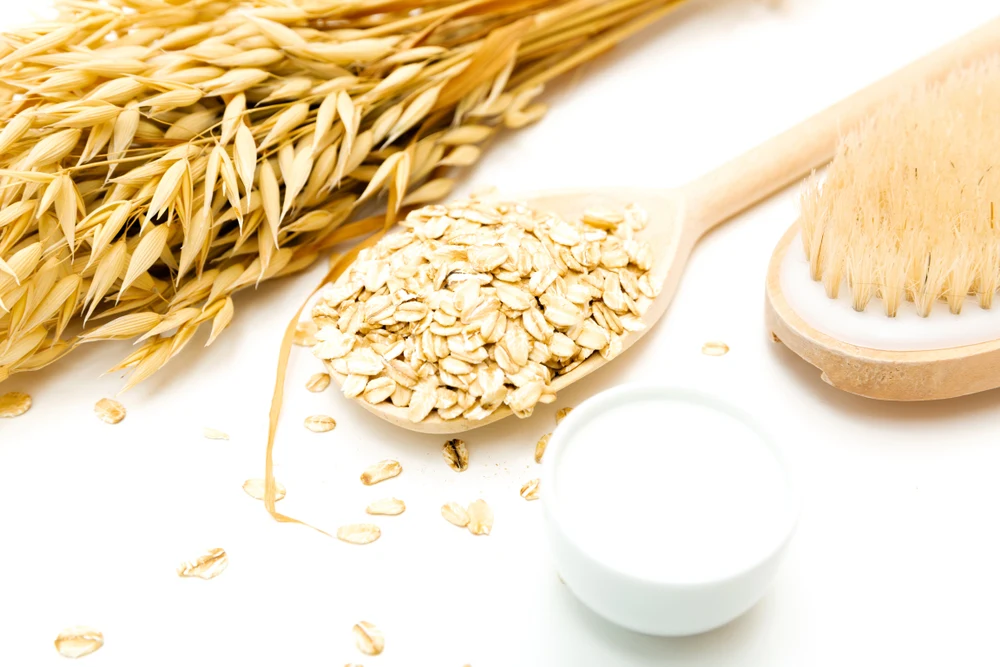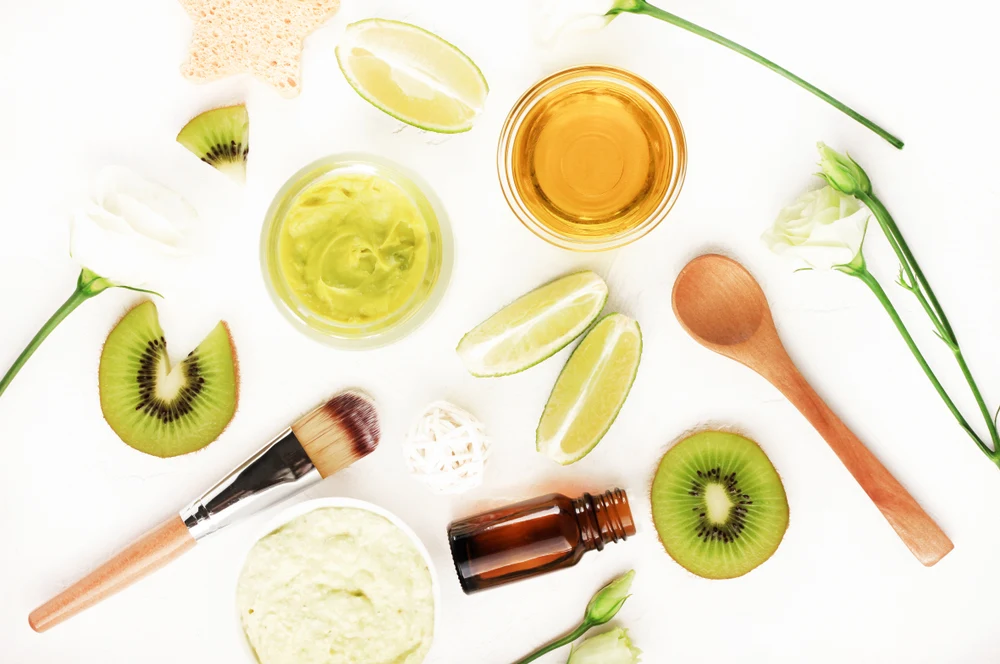While you'll usually find it paired with food allergies, seasonal allergies and asthma, there's no known cause — or cure.
However, recent research has found links between eczema and the health of the skin microbiome. This colony of helpful bacteria plays a large role in the overall state of your skin, which raises the question: Can nourishing your skin microbiome help alleviate the symptoms of eczema?
Here's what science has to say about eczema causes and treatments that utilize microbiome-boosting ingredients.
Understanding eczema causes and treatments
Because eczema is a chronic condition, it's hard to pinpoint an exact cause. Atopic dermatitis tends to run in families, suggesting that genetics play a role, and it often flares up after exposure to certain irritants and allergens. However, there's no single distinct cause that's attributed to the disease.
There's no cure for the condition, but many children notice that their eczema improves as they get older without them doing a thing. Otherwise, keeping eczema out of your way mostly comes down to preventing flare-ups and minimizing symptoms — avoiding triggers, keeping the skin moisturized and using prescription-strength steroid creams can all help.
Wait, what's a microbiome?
The term microbiome has been popping up more and more lately. Just in case you're not certain what it means, though, here's a quick refresher.
As strange as it might sound, there's a huge colony of microorganisms, such as bacteria, fungi and viruses, that lives on our skin — in fact, the International Journal of Molecular Sciences reports that more than 1,000 bacterial species live on the superficial level of the skin alone. Don't worry, they're supposed to be there! Together, they actively keep your skin healthy.
When this microbiome is balanced, it serves as a barrier against potentially harmful pathogens — and keeping your skin looking supple, hydrated and healthy in the process.
Your microbiome is a crucial part of your skin's barrier function. If it gets out of whack and allows more bad bacteria to develop than beneficial strains, you may run into issues that sound all too familiar: dryness, redness and itching.
The connection between the skin microbiome and eczema
An unbalanced microbiome can look a lot like eczema. Coincidence? That's what researchers have been working on finding out.
If you're facing eczema, the American Academy of Allergy, Asthma, and Immunology says that you may be contending with what it calls a "leaky" skin barrier. Experts now believe eczema starts when a weakened skin barrier lets moisture leak out of the skin. Your skin needs those protective microorganisms in place — research from The Journal of Allergy and Clinical Immunology has shown that eczema patients with less microbiome diversity have more severe symptoms, in part to due to increased numbers of pathogenic bacteria.
Given these findings, it should come as no surprise that nourishing the microbiome may help to reduce eczema symptoms. One study from the National Institutes of Health found that applying a topical treatment with healthy bacteria for several weeks resulted in "most participants experiencing improvements in their eczema, including a reduced need for topical steroids." Not too shabby!
Go ahead, nourish that microbiome!
If you have eczema, taking steps to nourish and protect the skin microbiome may help send uncomfortable skin packing. Keep your focus on moisturization, and avoid harsh products that strip your complexion's natural barrier.
You can support your microbiome from the inside, as well. Give your body's gut microbiome what it needs to thrive by eating healthy, fiber-rich foods and getting plenty of probiotics. These two ecosystems work together to keep your body in top shape, and eating right plays a big role in your overall skin health.
Eczema causes and treatments may vary from person to person, but one thing remains the same: A healthy, balanced microbiome always leads to happier skin.




